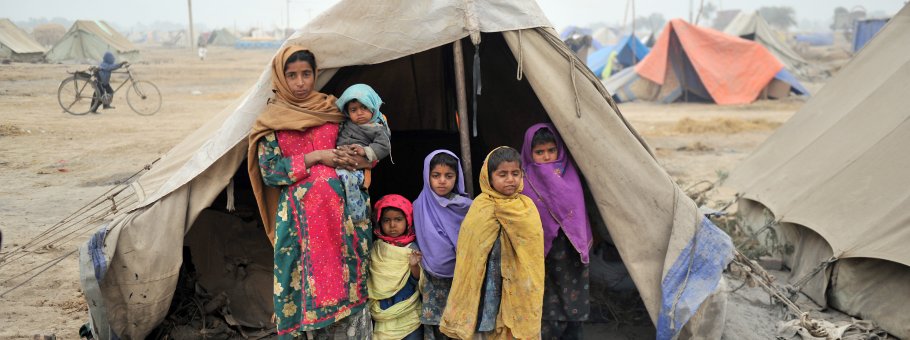-
Labour Rights In Protracted Refugee Crises
Labour Rights In Protracted Refugee Crises
Labour Rights In Protracted Refugee Crises: Forging An Evidence Base on Economic and Social Cohesion Outcomes In Syrian Refugee Host States

Project Brief
To promote refugee self-sufficiency and mitigate dependence on host state and donor assistance through the development of predictive models for harnessing refugees’ economic potential.
Overview
For this shift to materialize, both international stakeholders and host states require an evidence base that maps the outcomes that accrue when host states elaborate labour rights. To build such evidence, the WANA Institute, in cooperation with Professors Sir Paul Collier (Blavatnik School of Governance) and Alexander Betts (Refugee Studies Centre) will undertake an empirical research project to track economic and social cohesion outcomes and comparatively assess economic integration approaches in Jordan, Iraq and Lebanon. Drawing on quantitative and qualitative data collected over a 3-year period, a time series regression will compare economic performance indicators in the context of refugee flows, and examine the cost effectiveness of donors supporting livelihoods vis-à-vis humanitarian needs. The findings will not be able to predict future outcomes, but they will provide an objective starting point for a transition in thinking about refugee contributions to host state economies, the most efficient uses of donor aid and improved structuring of working rights’ policies on a global scale.
Activities
- Detailed experiment design
- Selection of host states and identification of gain ethical and workable access to key groups, including control groups
- Baseline assessment (focusing on economic and social cohesion parameters)
- Data collection and analysis
- Dissemination of findings
